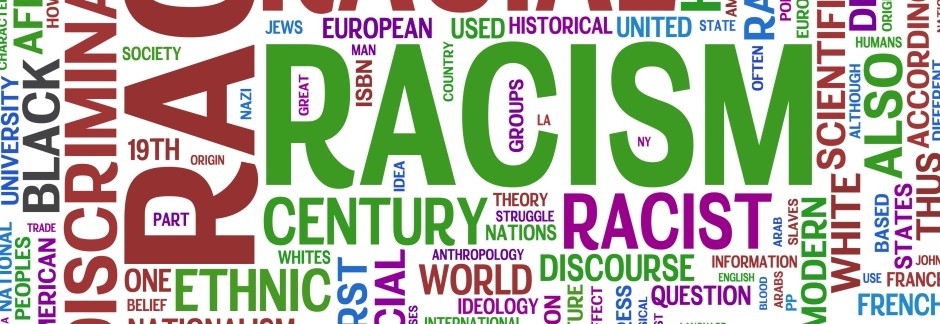
“White Teachers Only” – Racist Hiring Practices in South Korea?
Have you ever applied for an English-teaching job in South Korea? If you are white, landing a job might be a lot easier. But for non-white teachers, it could be a different story. Did you know that you could be denied a job in South Korea because of reasons other than your lack of teaching experience or academic credentials? I recently read a few articles on this topic and I thought they really shed light on some of the issues faced by foreigners working and living in the country.
The gist of the articles is that many schools in South Korea, both private and public, have blatantly discriminatory hiring practices. The articles point out that there are even job ads that explicitly state that they are only looking for white teachers. Even if they don’t state the requirement explicitly, the standard South Korea practice of requiring job applicants to submit photos alongside their resume would help the employers to filter out those applicants whom they deem unsuitable for the job simply because of the way they look, including their skin color. This partly explains why we don’t’ see a lot of black teachers in language schools around the country. It is not just black teachers who are discriminated against but so are Korean-American teachers who are typically second or third-generation immigrants and have a perfect command of English. I’ve heard stories of some Korean-American teachers who, despite their outstanding teaching experience and academic background, were not allowed to teach higher level, higher-paying, English classes because of their Asian looks.

A school in South Korea reportedly rejected a US teacher’s job application because he was not white. In an interview with The Korea Observer, Sean Jones said he received a text message from his recruiter reading, “Hey Sean. Sorry they just told me they actually want a white teacher”. A few days later, he reportedly received a similar message on Facebook for a different teaching position.
When asked why they prefer white teachers, the hiring managers could point out that their students have a racial stereotype and thus tend to equate English native speaker only with English-speaking whites. It doesn’t matter whether non-white teachers possess native fluency in English because, in the eyes of language schools and students, their looks say that they are not real, authentic English speakers. This type of ignorance may also have something to do with a deep-rooted bias towards foreigners. In one of the article I read, a sociology professor at Korea University is quoted as saying that the Korean people have a tendency to “rate” foreigners based on the economic or social status of their countries. So Koreans would tend to treat foreigners who are from developed countries with some respect, while looking down on people of color who are from less developed or poor countries.

An advertising panel shows KT&G’s new brand of cigarettes, ‘This Africa,’ at a convenience store in Seoul on Oct. 23, 2013
You might be thinking that for private language schools, it’s all about making money so their hiring practices are somewhat understandable in light of fierce competition among them, but you also need to realize that the main reason English-language education has become so popular in the country is the growing needs for Koreans to adapt to globalization. Only after these needs are met, would the language schools in South Korea then be rightly justified in doing what they are doing, including making profit for themselves. I think what schools and students in South Korea need to realize is that English is no longer a language spoken only by people of Anglo-Saxon descent but it has already evolved into a global language spoken by people of various racial, ethnic or national backgrounds. Native fluency in English is no longer a trademark exclusive to white native speakers, but there are millions of millions of non-white native speakers who have perfect standard accents and pronunciation.
The schools maintain that they are teaching English because it is one way to help their students to adapt to globalization and broaden their perspectives, but ironically, their racist hiring practices have just the opposite effect. They are failing to see that their students will likely have to communicate with native, and even non-native, English speakers of diverse backgrounds someday. If they truly appreciate the fact that English has become an international language, not just for communicating with English-speaking whites, then it is time they realized that their racial stereotype is based on an outdated, invalid bias and that they have to commit to doing what they are ultimately needed for – teaching English as a way to help students become more open-minded, global citizen so that they can reap the benefits of better school and job opportunities years down the road.


Schools will actually hire Russians, or europeans who look VERY WHITE over Americans, who come from a latin, indian, asian or South American decent.
schools dont want BLACK? who is PRESIDENT OBAMA? some African just playing the president until they find a white one?
this country has no racial or discrimination laws, so they can do this. of course Korean americans in USA cry every racial moment put their way..
I totally agree that English now is not just about being a native speaker, but apparently on the global stage that Koreans want to conquer, a variety of accents and tones will be heard. More especially tolerating this type of behavior just for hiring white teachers because Kids think white people speak better English makes children view people by race. Globalization would become totally out of hand.